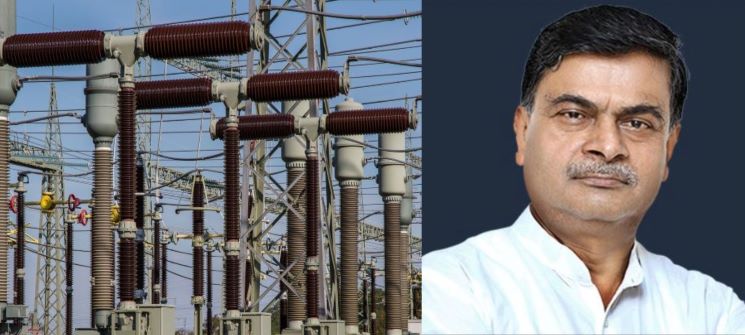Non Negotiable Renewables. Winning bids at Tariffs Higher Than Threshold Face Risk of Cancellations.
 Troubles At Thermal
Troubles At Thermal
Expressing a tough stand against any apparent malpractice in bidding, the government will cancel renewable energy auctions, if the tariffs quoted through competitive bidding are beyond a set threshold, Minister for power and renewable energy RK Singh said. It’s not a threat that industry can afford to take lightly, considering the past record on cancellations, now much longer than it ever was.
“I am here to protect the people’s interest. We will accept bids which are reasonable. If I come across any bids which are excessive, we will cancel it,” Singh said yesterday.
Responding to questions on a recent cancellation of bids received for 2,400-MW solar projects, Singh informed the reporters that his ministry is keeping a watch on global trends that influence clean energy tariffs and hence the ministry, in its right, can exercise its discretion to define the maximum permissible tariffs for solar bids.
Recently, a 3,000-MW solar tender floated by the Solar Energy Corporation of India (SECI), which was partly axed after the higher than acceptable bids were submitted by developers.
“We found certain bids to be unacceptable and we did not accept the bids, (on the ground that) the price was high,” Anand Kumar, secretary, Ministry of New and Renewable Energy, said while addressing a press conference ahead of its flagship renewable energy event RE-Invest and the first general assembly of International Solar Alliance next week.
Last month, The Ministry of New and Renewable Energy announced that it is to put a ceiling on India’s solar power tariffs at ₹ 2.50 without safeguard duty and ₹ 2.68 per unit with safeguard duty for developers. The move has been a cause of worry for solar power developers, given that maximum proposed solar tariffs are far lower than what was achieved through the reverse bidding process conducted by both SECI and states.
Importantly, the move could be one of the reasons for the government to miss its renewable targets, in which case, the government will hope to have a defensible reason for missing out. An Industry insider who did not wish to be quoted asserted that in an increasingly globalised sector like solar and wind especially, the tariffs in India are very competitive with global tenders elsewhere. “All things considered, what about the bids that are much higher than these operating rates for India, that we are seeing in South East Asia? I don’t see any compliments coming our way then. I fear that this single minded focus on keeping costs down will lead to quality issues, an issue the government has not paid equal attention to, and consequences could be felt in 3-5 years”. It’s an interesting observation, and one that we definitely hope does not come true. But you will know the government does have fears around quality when the PPA’s start reflecting these fears in the form of more onerous conditions on developers for output and maintainance. Watch this space for more on that !




